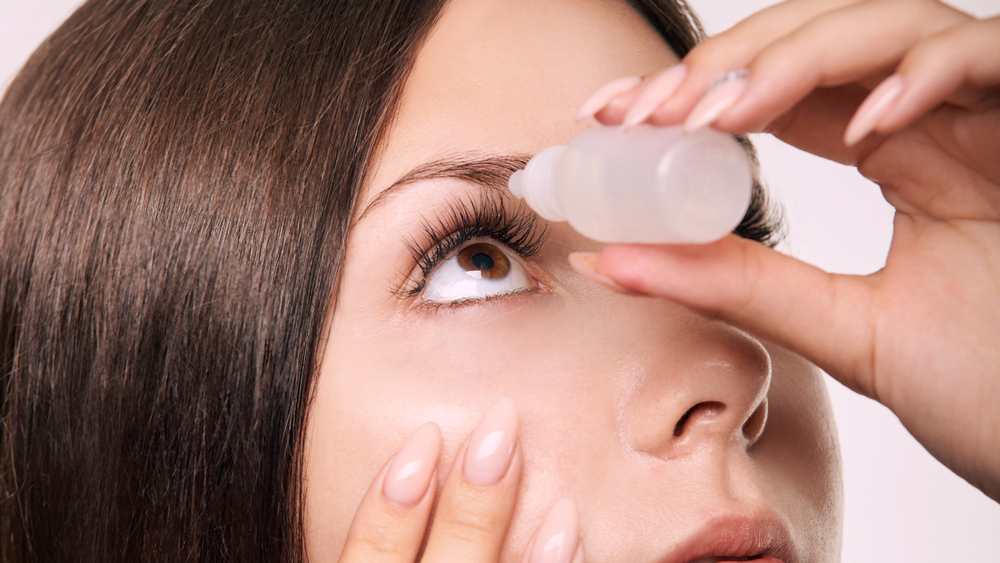
As myopia continues to rise globally, particularly among children and young adults, researchers and eye care professionals are seeking effective ways to slow its progression. Atropine eye drops have emerged as a promising approach to managing this condition, providing a practical tool for parents and patients looking to protect their vision.
Understanding Myopia and Its Impacts
Myopia is a refractive error where distant objects appear blurry while close objects remain clear. This condition occurs when the eye grows too long, causing light to focus in front of the retina rather than directly on it. Not only does myopia make it challenging to see clearly at a distance, but high myopia increases the risk of serious eye issues, such as retinal detachment, glaucoma, and macular degeneration.
Given the potential risks, slowing myopia progression is a priority, especially in young patients whose eyes are still growing.
How Do Atropine Eye Drops Work?
Atropine has been found effective in controlling myopia progression in low doses. While the exact mechanism is not fully understood, atropine appears to slow the elongation of the eye, which is a key factor in myopia progression.
Studies have shown that even very low concentrations of atropine (as low as 0.01%) can significantly slow myopia progression with minimal side effects. Lw-dose atropine is well tolerated, making it an attractive option for young patients.
Benefits of Atropine Eye Drops for Myopia Control
Slows Myopia Progression: The primary benefit of atropine eye drops is their ability to slow the progression of myopia, reducing the likelihood of developing high myopia.
Convenient and Easy to Use: Atropine drops are applied once daily, typically at bedtime, making it a simple addition to a child’s routine.
Few Side Effects: In low concentrations, atropine causes minimal side effects, with most patients reporting no issues with light sensitivity or blurred near vision.
Potentially Reduces Long-Term Risks: By controlling the progression of myopia, atropine eye drops may reduce the future risk of serious eye conditions associated with high myopia.
What to Expect During Treatment
Before starting atropine eye drop treatment, your optometrist will conduct a thorough eye examination to determine the appropriate concentration. Low-dose atropine is applied daily, and the doctor may schedule regular follow-ups to monitor the treatment’s effectiveness and adjust the dosage if needed.
Who Should Consider Atropine Eye Drops?
Atropine eye drops are especially beneficial for children and teenagers with progressive myopia, as their eyes are still growing and therefore more susceptible to further elongation. Parents of children who have experienced a significant increase in myopia over a short period may want to discuss atropine treatment as a proactive way to slow this progression.
Partnering with Eye & Health for Myopia Control
If you’re concerned about myopia progression in your child or want to learn more about atropine eye drops, we are here to help. We provide personalized, effective myopia management strategies tailored to each patient’s needs.
Schedule a consultation with Eye & Health to explore how atropine eye drops can be part of a comprehensive approach to preserving and protecting your family’s vision. Visit our office in New York, New York, or call (332) 895-2800 to book an appointment today.









